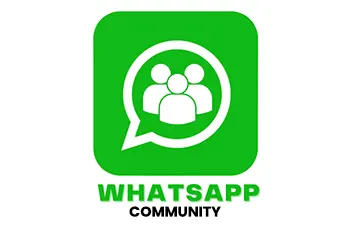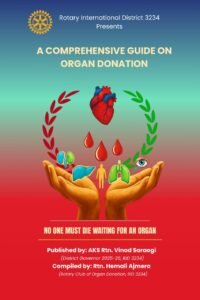What is our individual voice?
(A) To bring uniformity in the Organ Transplant Law across India:
Remove the requirement for a residency (Domicile) certificate for registration in the state cadaver registry across India. – ACCEPTED BY GOVERNMENT OF INDIA
There should be no insistence/mandatory requirement for a ‘No Objection Certificate (NOC)’ from the home state when the donor and recipient are from different states.
Remove the requirement for an NOC from near/immediate relatives of live donor and/or recipient, following the judgments of the New Delhi High Court and other High Courts of India. (Legal Clarification)
Remove the requirement for a NOC from Embassies, High Commissions, or Consulates of foreign countries when the donor or recipient or both are OCI cardholder (s) with foreign citizenship but born in India.- The Government of Gujarat allowed live transplant between blood relatives without NOC from a foreign embassy.
The hospital, State Ethics Committee and Authorization Committee must give a refusal letter or an order in writing, with rational reasoning, for not accepting or rejecting documents or issuing a denial to donor/recipient/both for undergoing a transplant surgery.
All state governments in India must stop using the word DOMICILE in their communications, rules, regulations, notifications, and circulars. They must use the words RESIDENCY and RESIDENT instead.
Every cadaver/live donor Authorization or Ethics Committee, SOTTO and Advisory Committee must have a lawyer or retired Mamlatdar/Deputy Collector/Tehsildar level person with at least 5 years of practice or experience to advise on documents, legal issues and interpretation of law.
Clarification of or defining the following terms:
- foreign citizen who is not of Indian origin
- foreign citizen who is of Indian origin, holding an OCI card and living in India for several years
- foreign citizen who is of Indian origin, holding an OCI card BUT not living in India for several years
(B) To bring improvement and transparency in the organ retrieval, allocation and transplant process:
Only one national website/portal must exist for the cadaver registry which is created by NOTTO. All five regional ROTTOs and state SOTTOs must have the same template website with a registry for each organ. The website must include a waitlist in chronological order with the date of registration and an assigned registration number as per the criteria. Additionally, details of the hospital where the patient has registered and the names of the members of the state advisory committee, ethics committee, and convener must also be included for transparency.
Forms provided in Rules to be added/modified. Create national-level FORMS, application kit, instruction manual, and list of documents to be provided by organ donors and recipients for live and cadaver registration, including any affidavit(s) required by the hospital or ethics committee. This must be created with a clear objective to make the process simple and transparent. A list of documents required for each specific state must be created by the Union Ministry in English and local language. This list must be used by all hospitals registered with and licensed by NOTTO for Organ retrieval, donation, and transplant and authorization committees.
(C) To bring reforms in the Organ Donation and Transplant Law of India:
Introduce an Act/Regulation to provide for the harvesting of the organ(s) of a foreign citizen who may have died in India and expressed a wish to donate his/her organ(s). (Legal amendments)
Define more clearly the job duties of a transplant coordinator concerning medical, legal, and psychological (counseling) roles. A hospital may appoint an additional coordinator with relevant education instead of just one coordinator doing all three jobs.
Dedicate one High Court judge to hear organ donation and transplant cases on an urgent basis. (Legal amendments)
Link Organ Donation Pledge to Aadhar card and maintain a national registry of deceased persons by combining all state death and birth registries with the organ donors portal. (Improving the availability of an organ)
Make organ transplants legal between an adopted child and parent and other extended family members. (Legal amendments)
In the case of a minor donating an organ to a parent, there must be a legal and medical basis to approve or reject the donation.
Please bring to our attention other relevant legal points that can be added to the above.
OUR MISSION
Our mission is to promote a clear, consistent, and unambiguous implementation of The Transplantation of Human Organs and Tissues Act, 1994 and the Transplantation of Human Organs and Tissues Rules, 2014 in every hospital across India. We aim to ensure that every patient is able to access organ transplantation without facing any legal complexities or inconsistencies.
CONTACT US
- Office +91-9157184643
- info@oneindiaonelaw.org
- One India One Law - Copyright 2023
- PSR (Professional Social Responsibility) an initiative of Ajmera Law Group | Donation not accepted
- info@oneindiaonelaw.org



